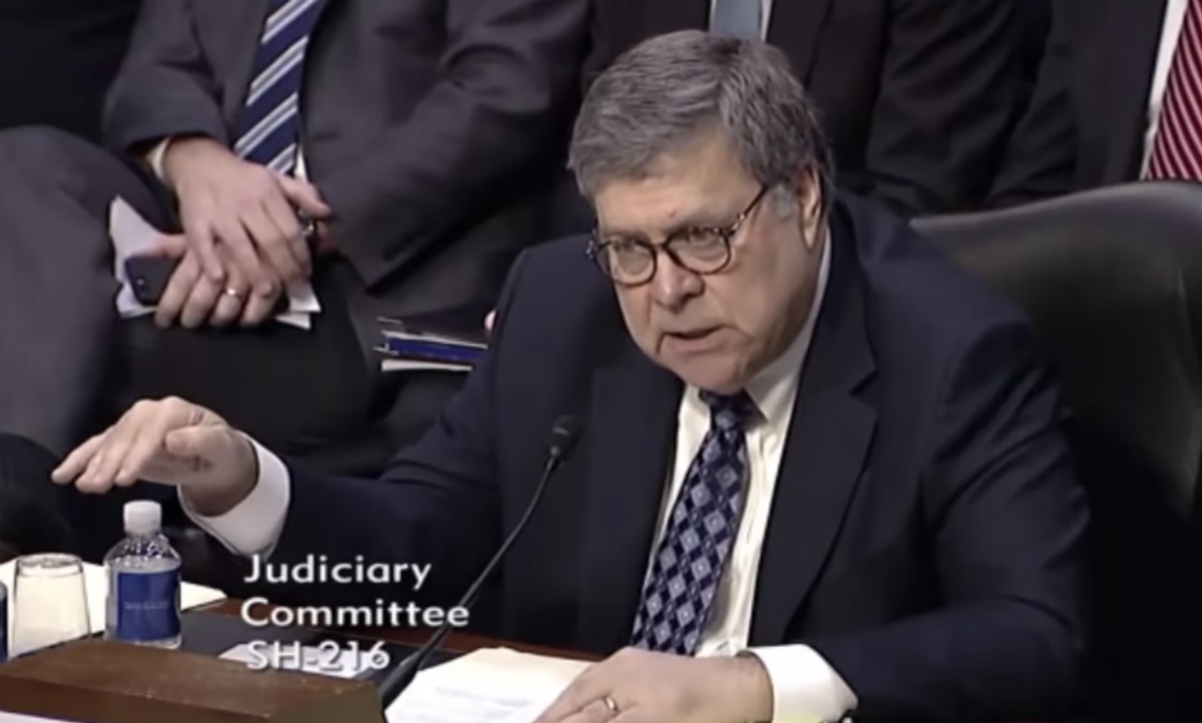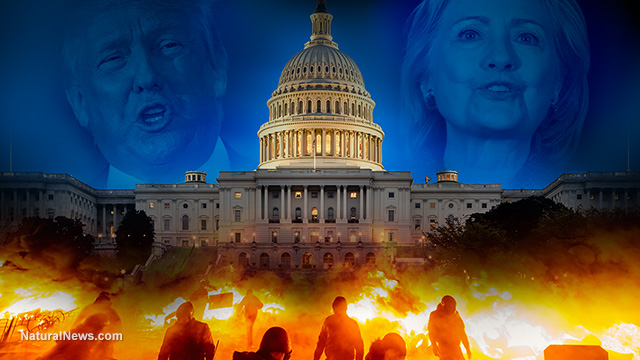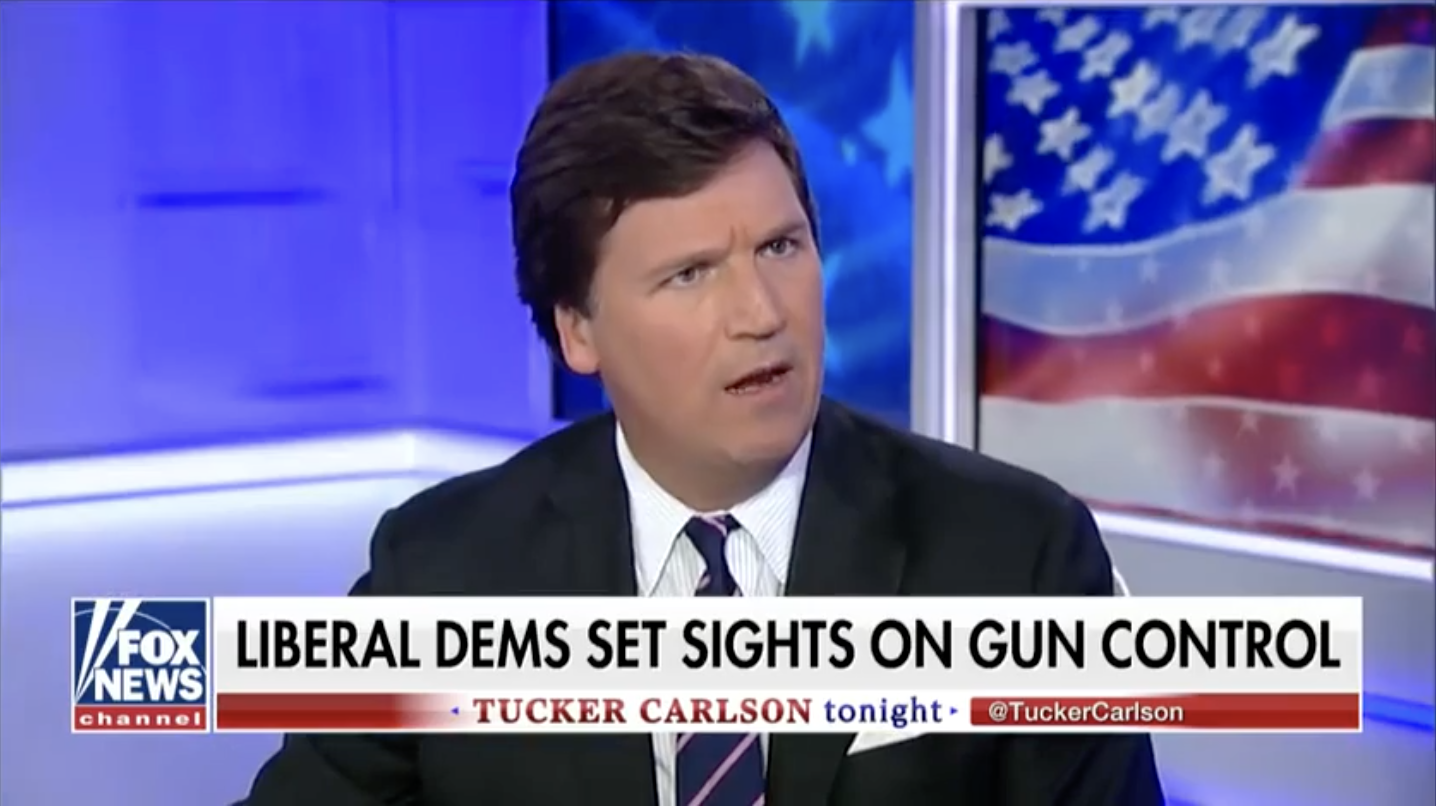President Trump’s Attorney General May Crackdown on Tech Companies and Encryption
12/02/2016 / By Kurt Nimmo

Candidate Donald Trump came down hard on the tech industry during his campaign. He called for closing off the internet to Islamic radicals and said a boycott against tech giant Apple was in order for its refusal to cooperate with the FBI and unlock an iPhone associated with last year’s San Bernardino, California shootings. The candidate also railed against Amazon and other tech companies for manufacturing products outside the United States.
It is not known if Trump will follow through on his threat to crackdown on the tech industry. After the election, he softened on a number of issues, mostly notable Obamacare. Supporters of strong encryption are watching closely to see what the new president will do after he assumes office in January.
“I think that’s going to be a prominent topic for a lot of the individuals engaged with the new administration, to make sure there’s a full understanding of the impact [of the encryption debate],” said Ann Barron-DiCamillo, the former director of the Homeland Security Department’s Computer Emergency Response Team, reports Defense One. “Understanding that impact and not just talking about it during a campaign is a very different place.”
Trump’s attorney-general designate is Jeff Sessions. The Republican senator and former prosecutor from Alabama sided with the FBI during the San Bernardino case. He has strongly criticized tech companies for not cooperating with the government on encryption.
As head of the Justice Department Sessions could use the All Writs Act to prosecute companies that refuse to work with law enforcement.
“Coming from a law enforcement background, I believe this is a more serious issue than [Apple CEO] Tim Cook understands,” Sessions told a congressional committee in February, The Verge reported. “In a criminal case, or could be a life and death terrorist case, accessing a phone means the case is over. Time and time again, that kind of information results in an immediate guilty plea, case over.”
The senator has warned Congress against weakening NSA surveillance. He has advocated reauthorizing a controversial legal provision that allows the NSA to intercept digital communications. Section 702 of the Foreign Intelligence Surveillance Act expires next year.
Sessions opposes the USA Freedom Act passed last year by Congress. The law imposes a number of new limits on the bulk collection of telecommunication metadata on US citizens by intelligence agencies, including the NSA. Sessions wrote for the National Review the law “would make it vastly more difficult for the NSA to stop a terrorist than it is to stop a tax cheat. Why make it much harder to investigate terrorists than common criminals?”
Civil liberty advocates are concerned about Sen. Session’s record. “When it comes to privacy and mass surveillance, Sessions has repeatedly been on the wrong side of the Constitution, public opinion and laws passed by a Republican-controlled Congress,” Neema Singh Guliani, a legislative counsel at the ACLU, told Politico.
President Donald Trump may or may not act on encryption during his term. However, with Jeff Sessions as his Attorney General, it is likely the new administration will attempt to pass legislation further empowering the government to violate the Fourth Amendment right of Americans to be secure in their persons, houses, papers, and effects, against unreasonable searches and seizures.
Sources:
Tagged Under:




















